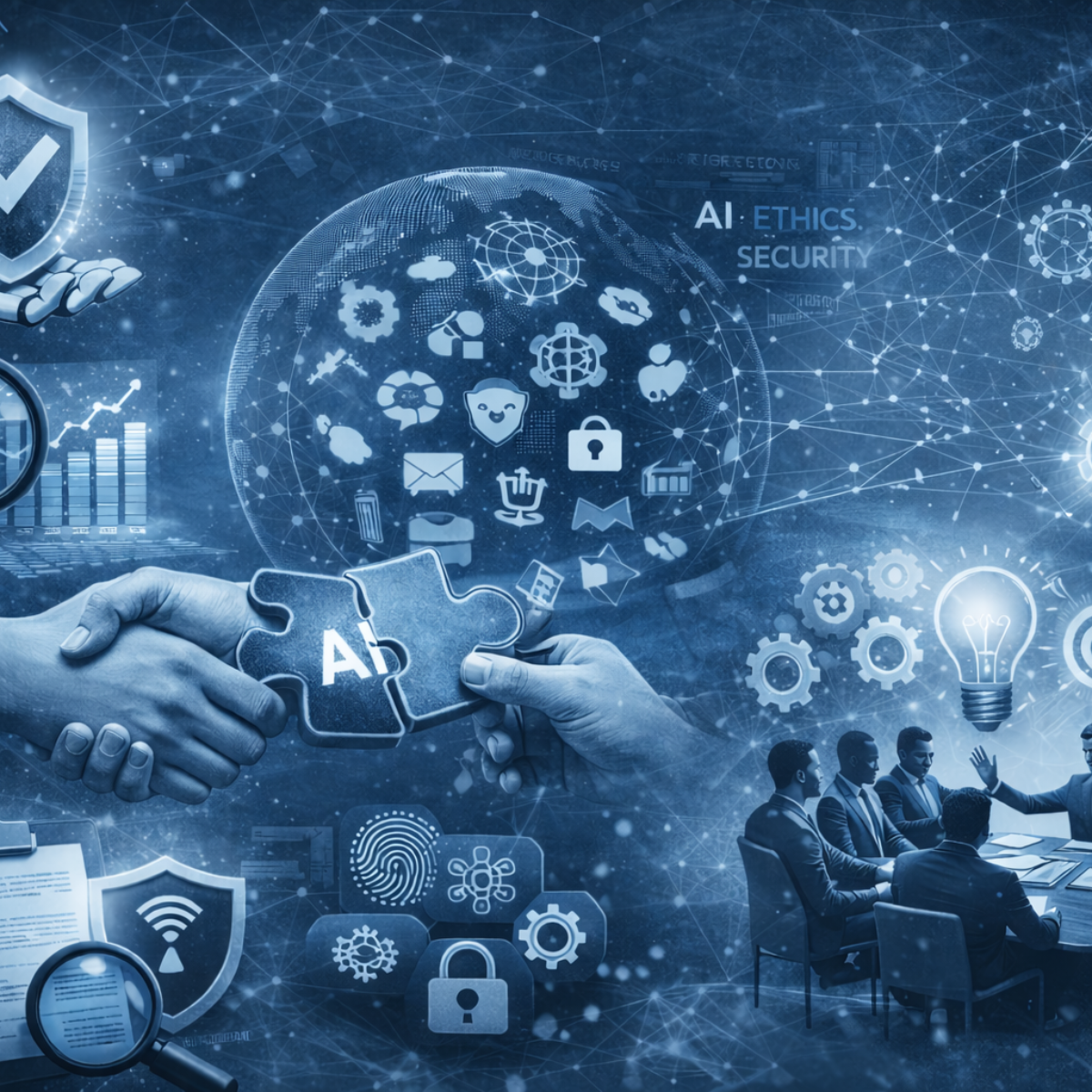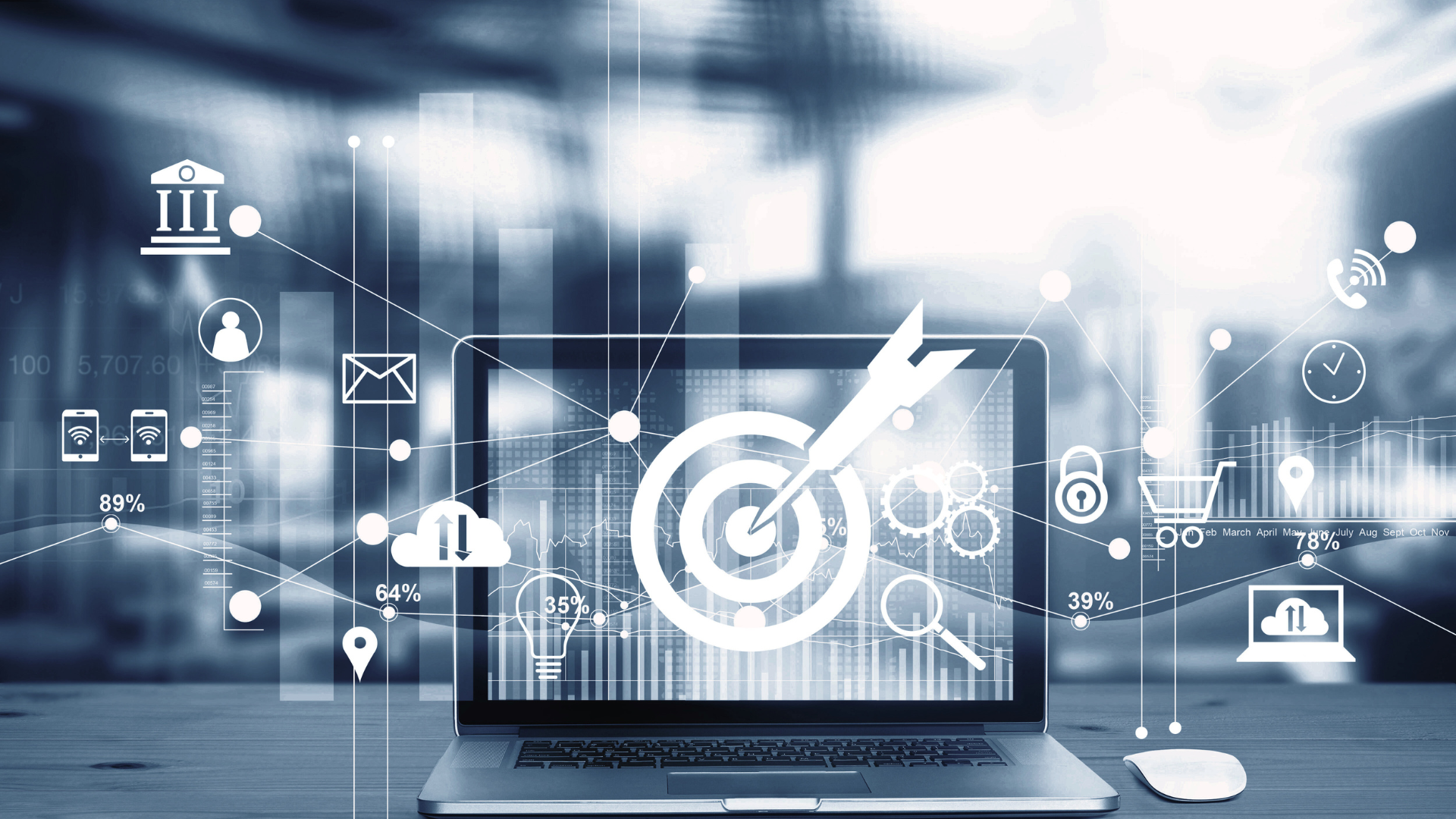
The Impact of AI on Jobs: Navigating the Future of Work
Are you going to lose your job to a computer program? How should you communicate the integration of AI into business operations without scaring your employees? For those wrestling with questions similar to these, the latest edition of the AI newsletter will be enlightening.


Will I Lose My Job to AI?
This is perhaps the most pressing question on the minds of many in the workforce today. With the rapid advancements in Artificial Intelligence (AI) technology, it’s understandable to be concerned about job security. However, the impact of AI on jobs is multifaceted, and while some roles may be automated, new opportunities are also emerging. A study by M.I.T. economist David Autor reveals the dynamic nature of the job market: a striking 60% of the jobs that existed in 2018 did not exist in 1940. In this edition of the newsletter, we explore the current and future trends in the workplace as applications of AI proliferate, addressing the question of whether AI will take your job.
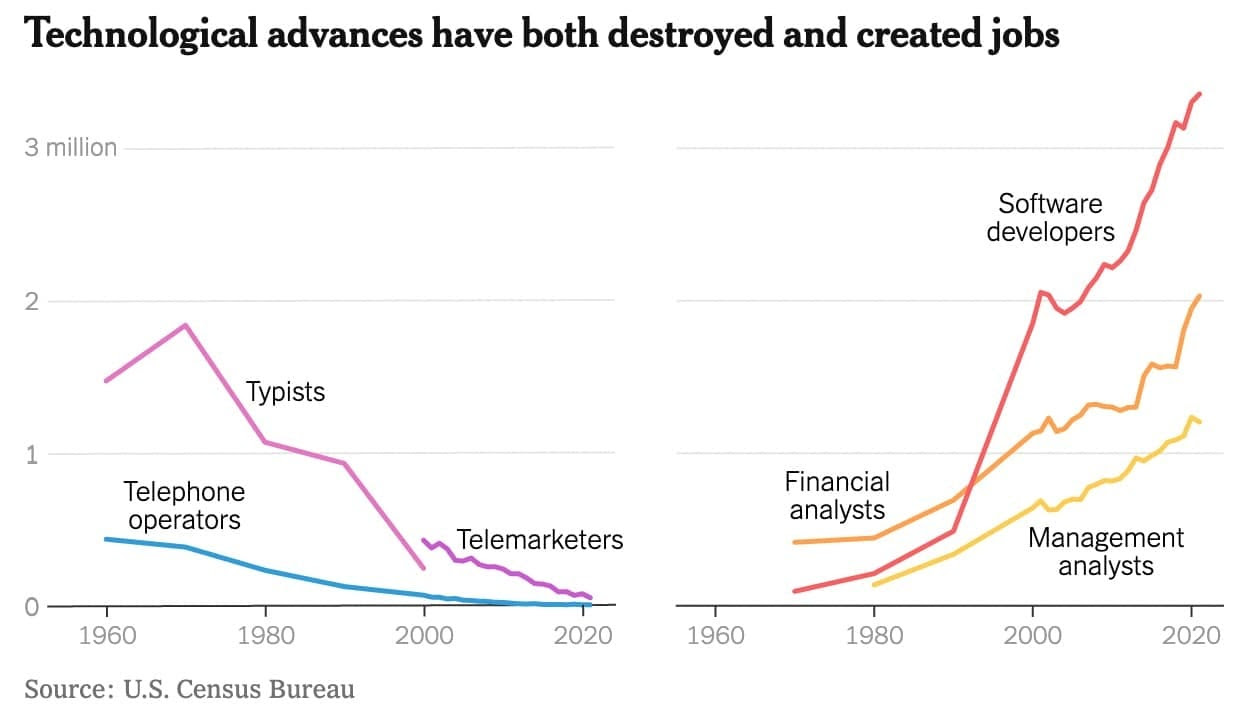
AI Adoption in Business and the Workforce
The adoption of AI in business has been rapidly accelerating as indicated by several report findings. According to PwC's 2023 Emerging Technology Survey, 54% of companies have implemented generative AI (GenAI) in at least some areas of their business. And in its Responsible AI 2024 survey, PwC found that of the 73% of companies that use or plan to use AI:
- 40% have deployed it in employee and customer systems
- 38% have deployed it for internal operations
- 13% are in the exploratory phase
Notably, AI adoption is not limited to specific industries but spans across multiple sectors, indicating a broad shift in how businesses are operating.
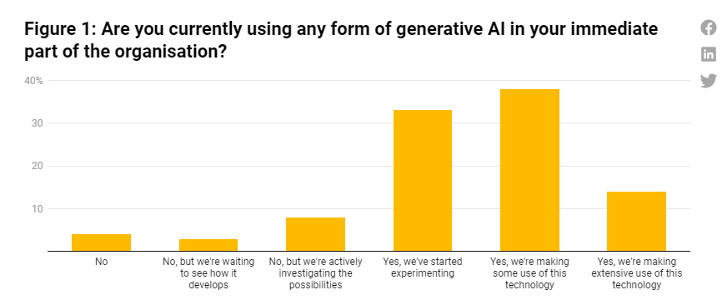
Employees, too, are increasingly working alongside AI. A 2023 Deloitte survey found that 60% of respondents who work with a computer use GenAI for daily tasks; and 26% admitted to doing so without official sanction.
This underscores the need for transparency and education as AI becomes more integrated into everyday work environments, and the need for clear policies regarding its use.
Current Workforce Trends
While AI is making inroads across various sectors, certain job categories are experiencing more significant impacts:
- Data Analysis and Management: AI excels at processing vast amounts of data, affecting roles in data entry, analysis, and database management.
- Customer Service: Chatbots and virtual assistants are increasingly handling routine customer inquiries.
- Manufacturing and Production: Robotics and AI-driven process optimization are transforming factory floors.
- Financial Services: AI algorithms are being used for fraud detection, risk assessment, and algorithmic trading.
- Transportation and Logistics: Self-driving vehicles and AI-optimized routing are changing the landscape of this industry.
Interestingly, there’s a growing trend of AI-assisted applicants and AI-assisted recruiters. A 2023 LinkedIn survey found that U.S. and UK job seekers applied to 15% more jobs than a year earlier, a change many recruiters attributed to generative AI. On one hand, job seekers are using AI to fine-tune their resumes, match with job openings, build their portfolios and even prepare for interviews. On the other hand, recruiters are leveraging AI to screen candidates, analyze job fit, and streamline the hiring process. This dual use of AI is transforming the recruitment landscape, making it more efficient but also more competitive.
Automation potential by industry
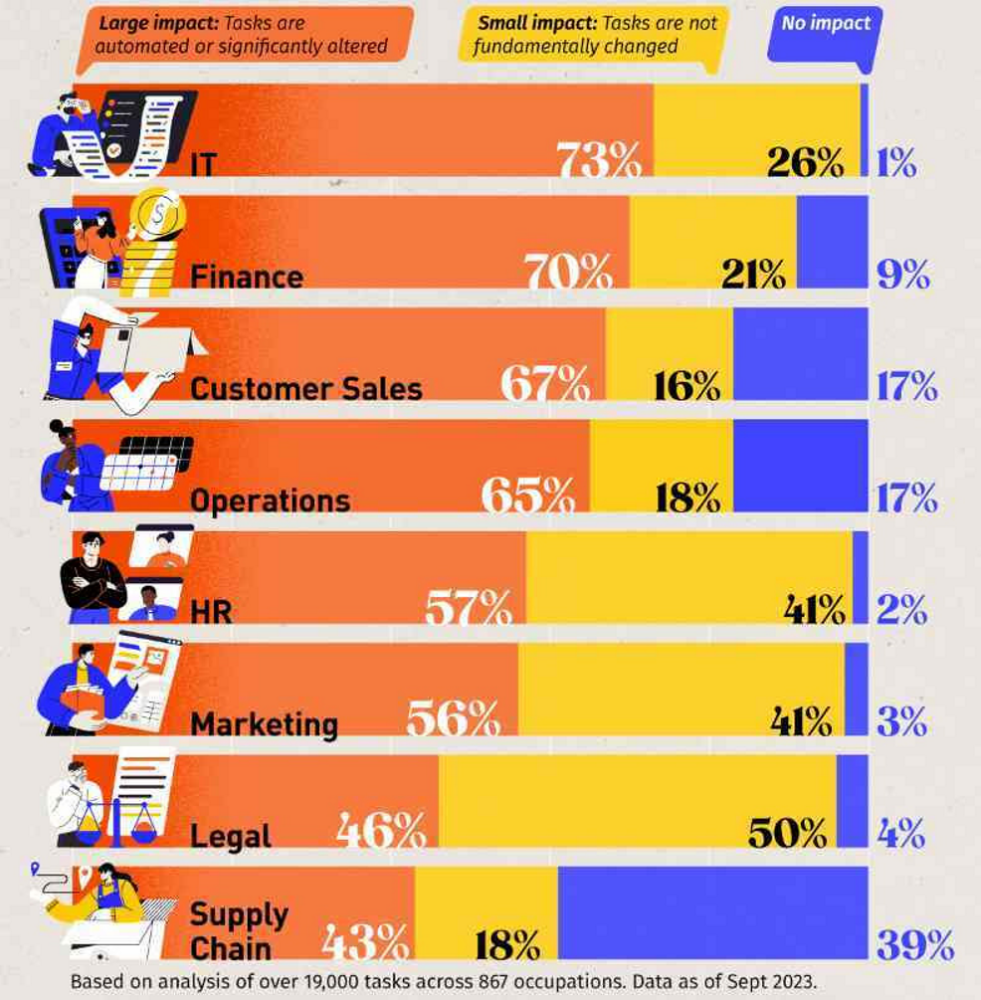
Most companies are approaching AI adoption with caution. This measured approach is driven by several factors:
- Regulatory Concerns: Ensuring compliance with data privacy laws and ethical guidelines.
- Integration Challenges: Aligning AI systems with existing infrastructure and workflows.
- Skill Gaps: Addressing the need for AI-literate employees and specialists.
- Cost Considerations: Balancing the initial investment against long-term benefits.
While recent, comprehensive data on AI's impact on employment is limited, earlier studies suggest that AI and automation have benefited the workforce:
- A 2018 Gartner report predicted that by 2020, AI would create 2.3 million jobs while eliminating 1.8 million, resulting in a net positive of 500,000 new positions.
- The United States Bureau of Labor Statistics found that employment in the U.S. in 11 occupations most exposed to AI, such as translators, personal financial advisers, and fast-food workers, grew by 13.6% between 2008 and 2018.
- A 2017 Deloitte study found that 800,000 low-skilled jobs were eliminated as the result of AI and other technological changes, while 3.5 million new jobs were created.
- McKinsey Global Institute reported in 2017 that AI could automate 50% of current work activities by 2055, but this would likely lead to the creation of new roles rather than mass unemployment.
It's important to note that these statistics predate the accelerated digital transformation triggered by the COVID-19 pandemic, and current impacts may be more pronounced. Bloomberg reported in 2023 that AI technologies were responsible for 3,900 job losses in May per analytics firm Challenger, Gray & Christmas while in contrast JPMorgan alone advertised 3,651 AI-related roles between February and April.
Other workforce trends include:
- Remote Work Facilitation: AI tools are enhancing remote collaboration and productivity monitoring.
- Skills-Based Hiring: AI is enabling a shift from credential-based to skills-based recruitment.
- Personalized Learning: AI-powered platforms are providing customized training and development programs for employees.
Predictions for the Future of the Workplace
AI jobs on the rise
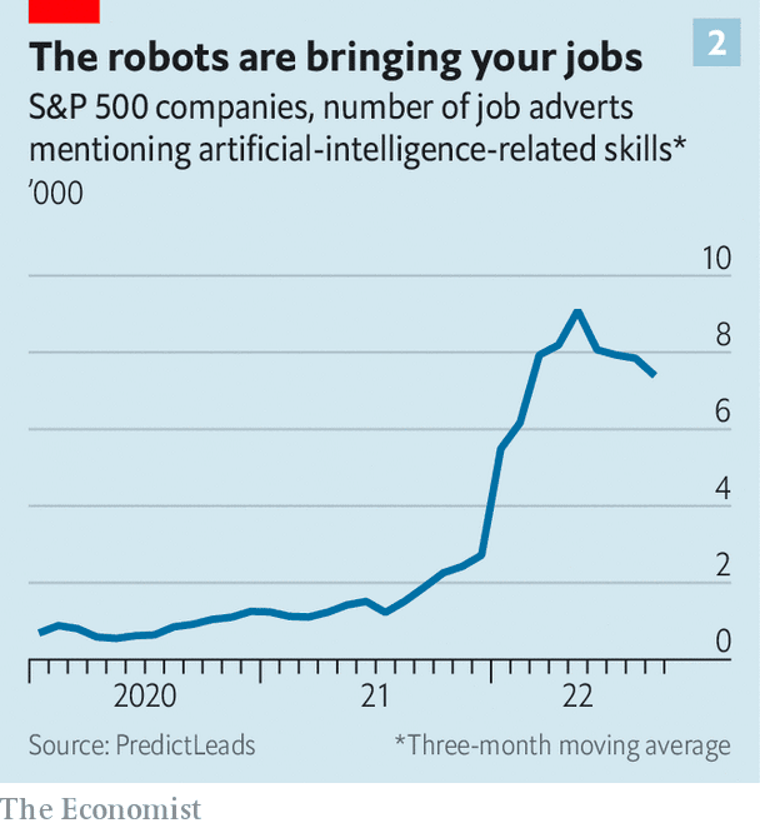
Looking forward, the types of jobs available will undoubtedly continue to evolve. This is not a new phenomenon; the workforce has undergone several evolution cycles in the past, such as the shift from agricultural work to industrial jobs, and more recently, the transition to digital and knowledge-based roles. With AI, we can expect the emergence of new roles such as prompt engineers, AI testers/ethicists/auditors and other specialized positions that focus on AI’s capabilities.
As the workplace evolves, so too does the focus of education. Students today are studying subjects that were not as prominent a decade ago, such as data science, machine learning, and AI ethics. This shift in educational focus is preparing the next generation for the jobs of the future, where AI will be a fundamental component. Universities are responding by introducing new majors and specializations in AI-related fields, while also integrating AI literacy across various disciplines.
Additional predictions for the future of the workplace include:
- Hybrid Intelligence: Increased collaboration between human workers and AI systems, leveraging the strengths of both. Rather than replacing humans, AI is more likely to serve as an augmentative tool that enhances human capabilities.
- Continuous Learning: The rapid pace of AI development will necessitate ongoing skill updates and career pivots. Nvidia CEO Jensen Huang recently made a prediction that programming degrees too may become obsolete soon as coding becomes automated by AI.
- Gig Economy Evolution: AI platforms may facilitate more efficient matching of short-term workers with project needs.
- Workplace Monitoring: Advanced AI could lead to more sophisticated performance tracking and productivity optimization.
- Global Talent Pool: AI-powered translation and collaboration tools may further break down geographical barriers in hiring.
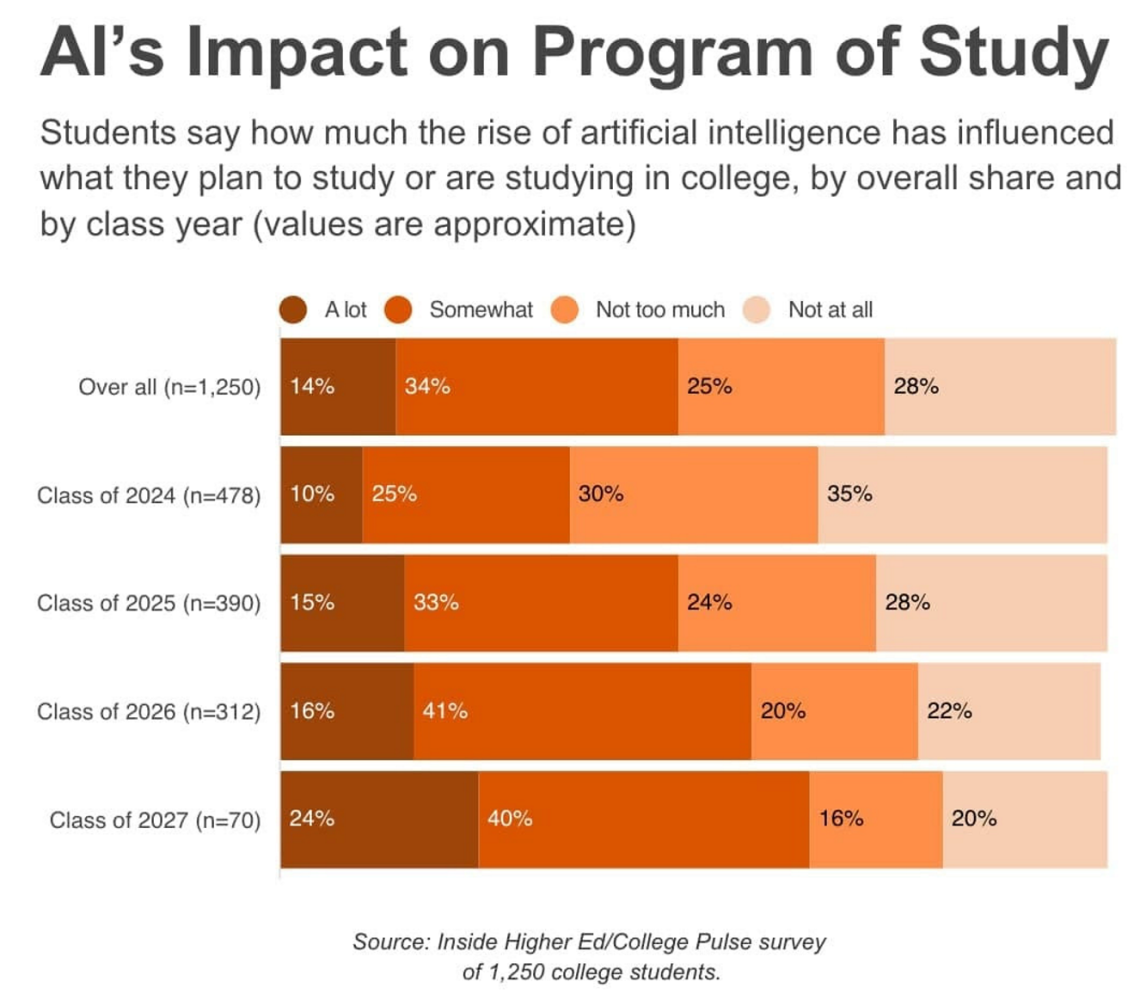
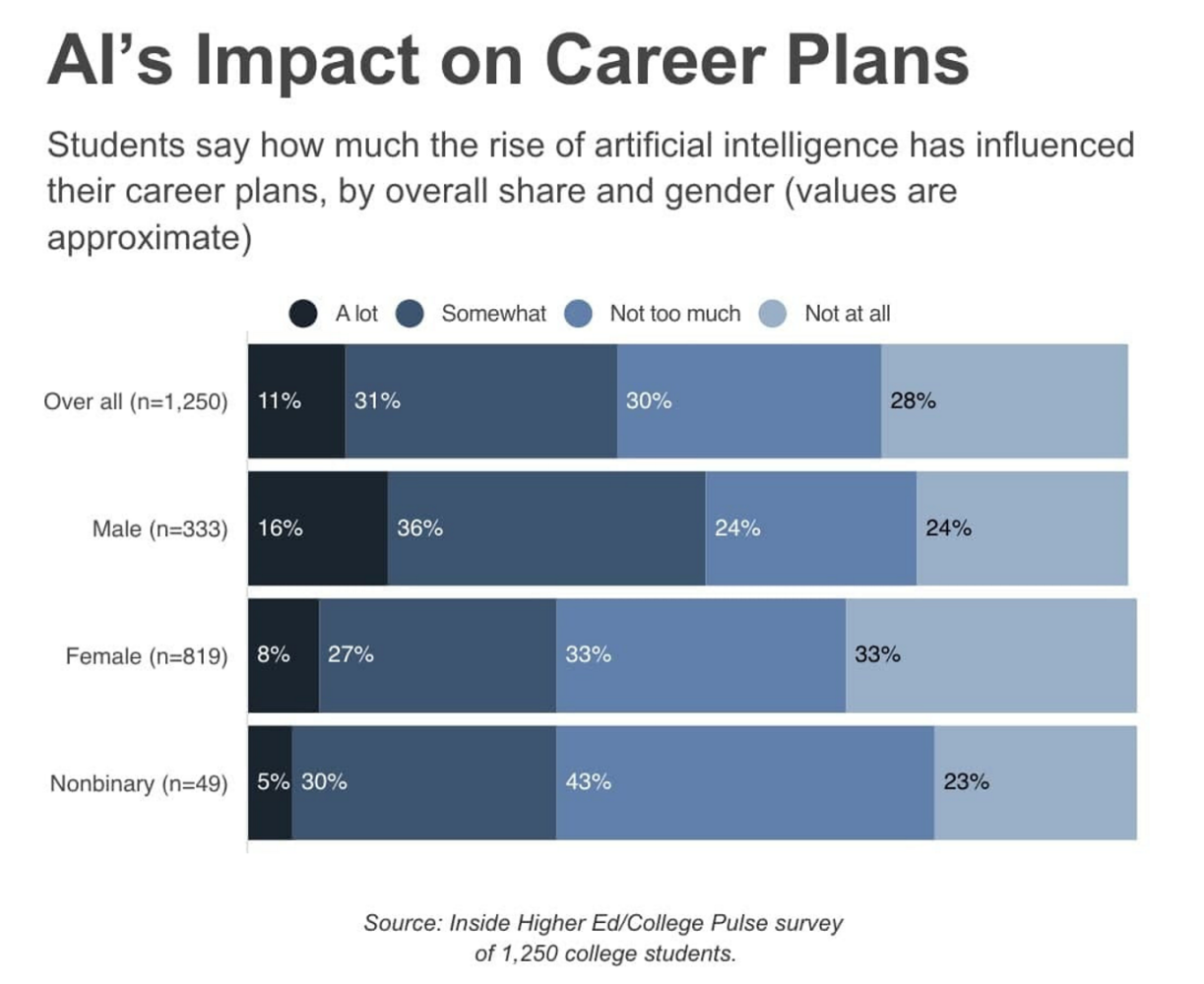
Is AI Going to Take Away Your Job?
The short answer is: probably not. While AI will certainly change the nature of many jobs, it’s unlikely to eliminate them entirely. In fact, AI might make jobs less monotonous by taking over repetitive tasks, freeing up time for more creative and strategic work. This could also lead to a reduction in working hours, but with an increase in the value of the work being done, potentially leading to higher wages based on value rather than time spent. A 2023 McKinsey and Co. report estimates that 60%-70% of tasks that consume employee working hours could be taken over by generative AI.
There are several reasons why AI won’t completely replace human workers.
- Human in the Loop: Many AI systems require human oversight, interpretation, and decision-making to function effectively.
- Gradual Job Evolution: Rather than sudden job losses, we're more likely to see a gradual shift in job responsibilities as AI takes over routine tasks.
- Emotional Intelligence and Creativity: AI still struggles with tasks requiring empathy, complex problem-solving, and creative thinking.
- Ethical and Strategic Decision-Making: Humans remain crucial for navigating ethical dilemmas and making high-level strategic choices.
- Adaptability to Novel Situations: While AI excels in structured environments, humans are better at adapting to unprecedented scenarios.
Impact of ATM installations on bank teller employment
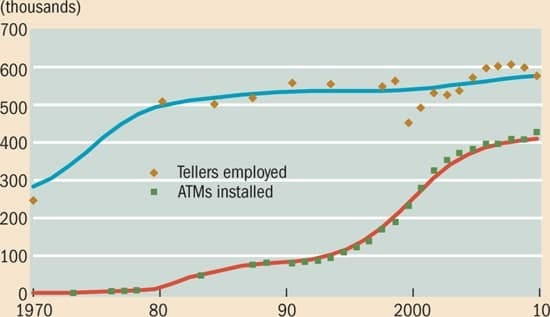
From Time-Based to Value-Based Compensation
As AI automates routine tasks, we may see a shift in how work is valued and compensated:
- Reduced Working Hours: AI efficiency gains could lead to shorter workweeks.
- Higher Hourly Rates: With increased productivity, wages for specialized skills may rise.
- Output-Based Compensation: Focus may shift from hours worked to value created.
This transition could lead to a more flexible and potentially more rewarding work environment for many professionals.
The Demographic Imperative for AI
Declining birth rates in many developed countries are creating workforce challenges that AI could help address:
- Labor Shortages: AI can fill gaps in industries facing worker shortages.
- Productivity Boost: AI can help maintain economic growth with a smaller workforce.
- Elder Care: AI assistance could support aging populations and the healthcare sector.
In this context, AI isn't just a potential threat to jobs, but a necessary tool to maintain economic stability and quality of life in aging societies.
Business Growth Through AI Integration
Forward-thinking businesses are viewing AI not as a cost-cutting tool, but as a growth accelerator:
- Enhanced Innovation: AI can speed up R&D processes and uncover new market opportunities.
- Improved Customer Experience: AI-powered personalization can increase customer satisfaction and loyalty.
- Operational Efficiency: By automating routine tasks, employees can focus on high-value activities.
- Data-Driven Decision Making: AI analytics can provide deeper insights for strategic planning.
- New Product Development: AI can help identify unmet market needs and assist in rapid prototyping.
Companies that use AI to augment and empower their workforce, rather than replace it, are likely to see the greatest benefits. This approach can lead to exponential growth by combining human creativity and expertise with AI's processing power and pattern recognition capabilities.
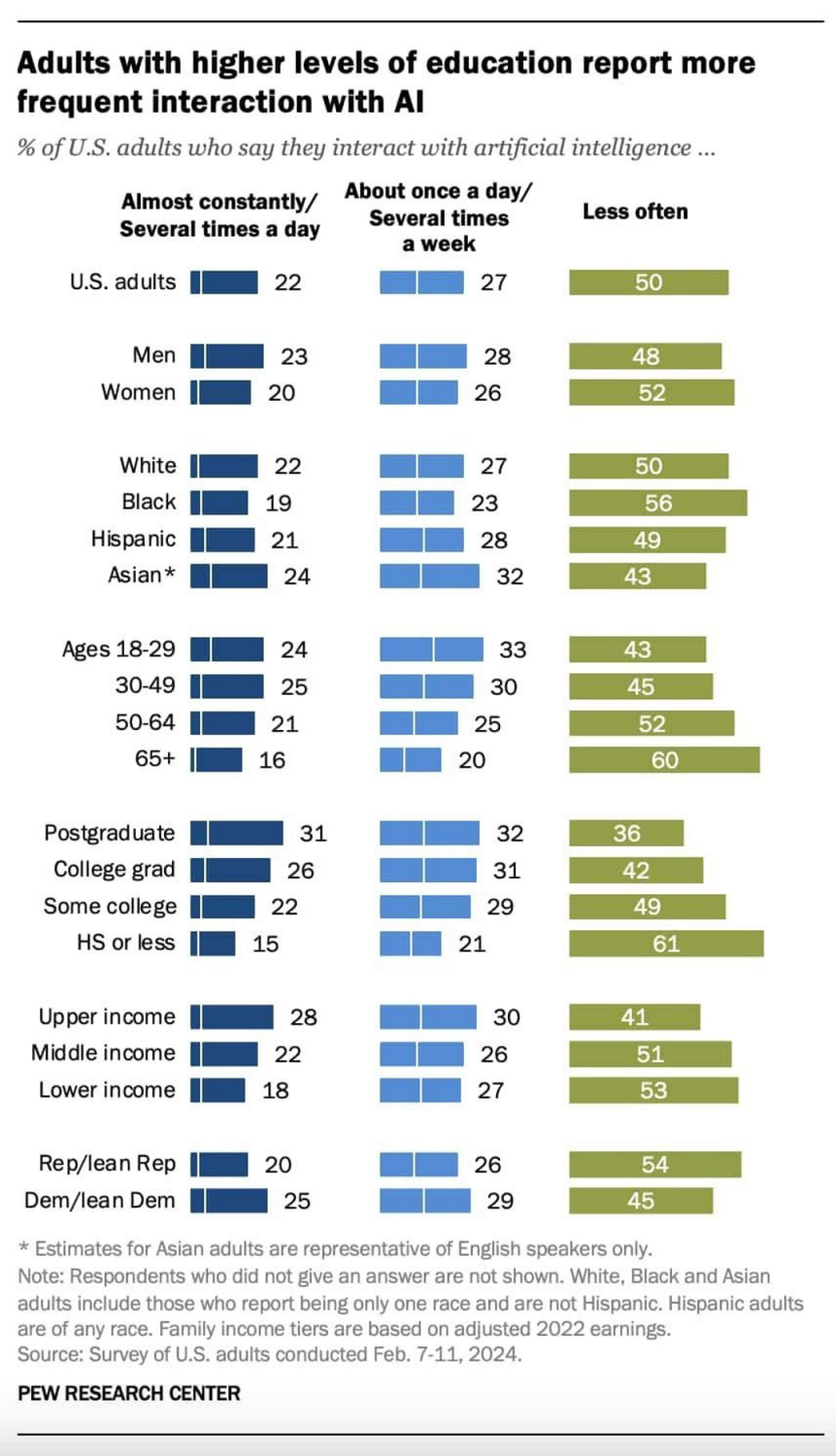
Conclusion
The impact of AI on jobs is undoubtedly significant, but it's a story of displacement and not replacement, meaning that jobs are shifted, not eliminated. This requires workers to either up-skill or re-skill, but does not necessarily mean that they’ll be out of a job permanently. While some roles may become obsolete, new opportunities are emerging. The key to thriving in this new landscape lies in adaptability, continuous learning, and a willingness to collaborate with AI systems.
For executives, the challenge is to navigate this transition strategically. This involves investing in both AI technologies and human capital, fostering a culture of innovation, and being prepared to re-imagine business models and processes.
Ultimately, AI is a tool that has the potential to make our work more efficient, engaging, and impactful. By embracing its capabilities while valuing uniquely human skills, we can create a future of work that is not just automated, but truly augmented.
-----------------------------------------------------------------------
Subscribe to the AI newsletter and join the conversation on LinkedIn.
Have you begun to use AI yet? Or are you struggling to achieve tangible value from your deployments of AI to date?
Explore our offerings and acquire an expert partner today.
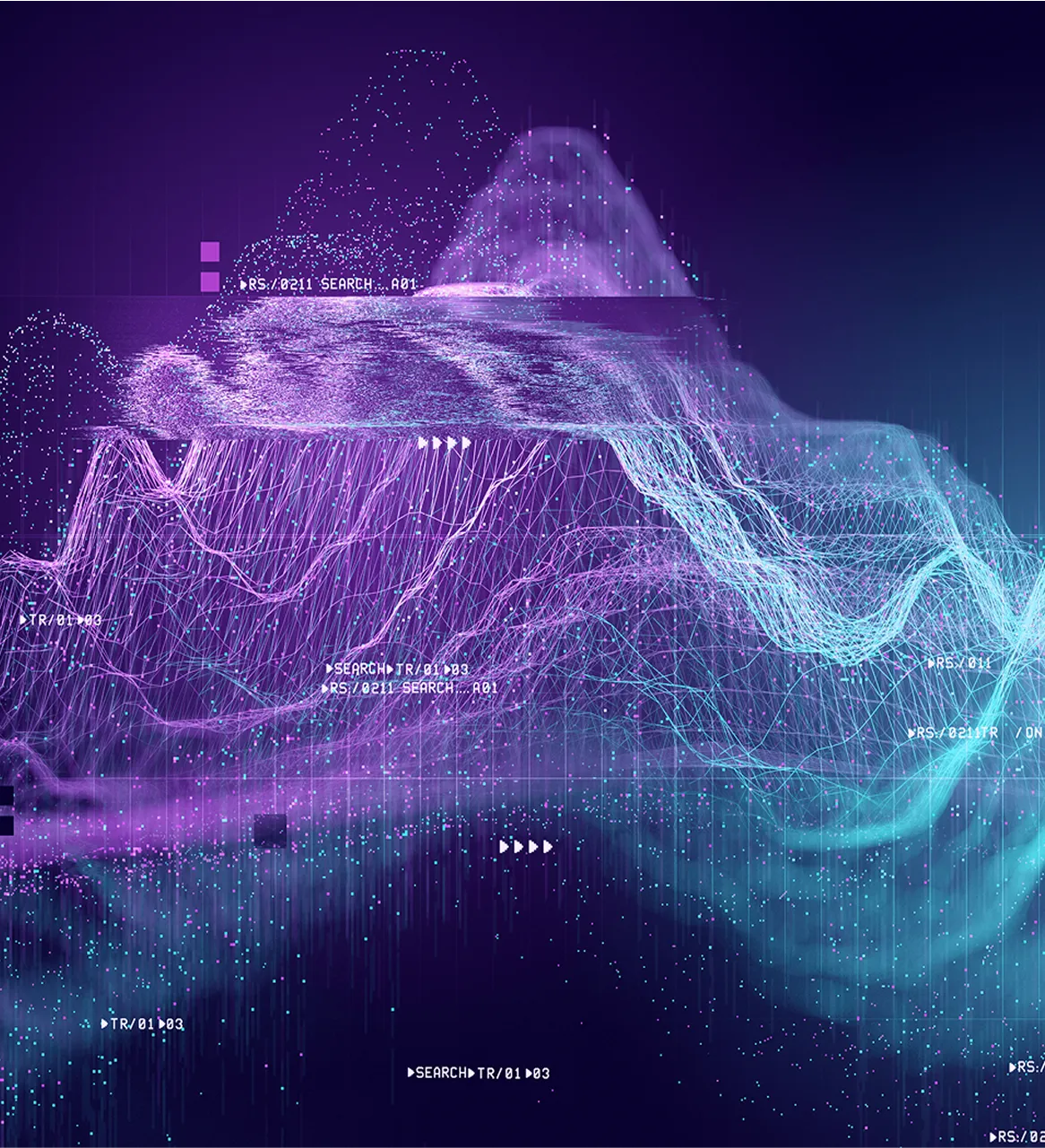
About The dAIta Solution
The dAIta Solution provides strategic consultancy, process and data mining, analytics, reporting and automation implementation solutions powered by AI that enable organizations to achieve their full potential hidden within the information that they possess. Our proprietary mining and analytics techniques and vendor-agnostic AI and data software streamlines the path to results and facilitates automation of both the analysis of your organization and implementing solutions to weaknesses or growth opportunities identified. Founded by senior consultancy services executives, data scientists and former EY leaders, The dAIta Solution is headquartered in Los Angeles with operations in London, Lagos and Singapore. For more information, please visit thedaitasolution.com.
Latest Resources
Want to see The dAIta Solution in action?
Get in touch now for a free demo of the platform, our products and services


